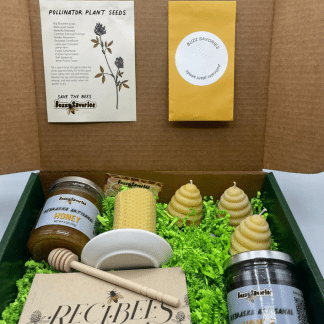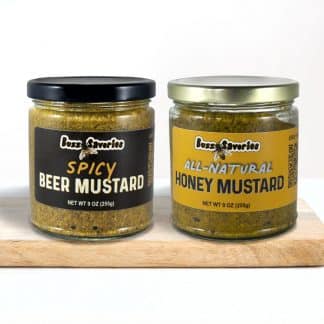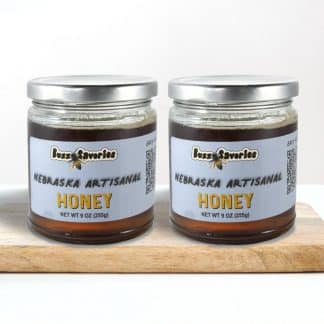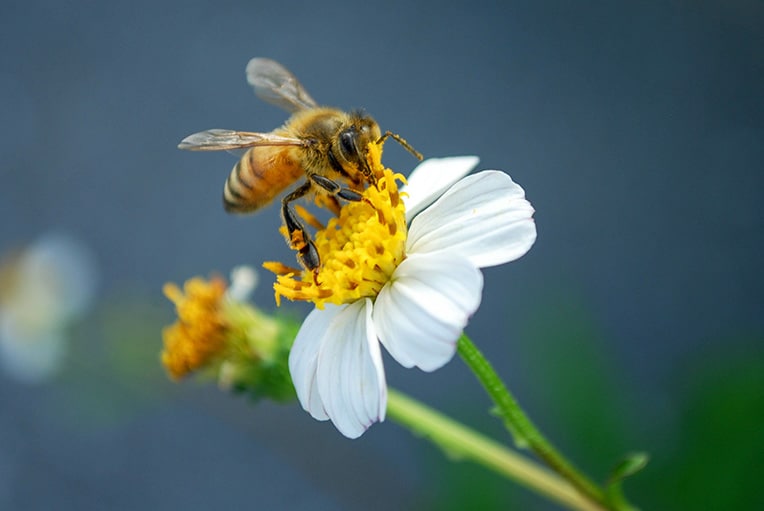Who Are the Pollinators, and What Do They Want?
Pollinators and Pollinator Plants go together because plants need to replicate themselves. They produce flowers/seeds/fruit when their female part, the ovule is pollinated by the male part, the stamen. The stamen bears the pollen, and pollen fertilizes the ovule.
And this is where pollinators step, crawl, fly or blow into the scene. Pollinators are abundant in nature and include wind, bats, spiders, beetles, butterflies, bees (hundreds of species of bees), wasps, ants.
Flowers are designed to attract these pollinators. Their visit is the method plants use to transfer the pollen from the stamen onto the ovule, and thereby fertilize the egg to assure another generation for the plant.
Flowers serve as the bee’s grocery store. Bees need pollen for its protein and they sip the nectar for carbohydrate and other essential nutrients.
Bees need flowers to live and people need bees to live. Bees pollinate the majority of the fruits and vegetables that nourish us, and currently millions of acres of former habitat for pollinators has been repurposed for roads, city scapes, golf courses, corn fields and other uses unfriendly to pollinators and the plants they require for life.
How do we maintain bees and other pollinators to continue their work of pollinating the fruits and vegetables that we eat?
We grow the plants that pollinators prefer for feeding themselves and their young. Most pollinators prefer to forage among specific plants.
What plants do bees visit for pollen and nectar? For answers to this vital question, I recommend 2 easy-to-read sources – 100 Plants to Feed the Bees by the XERCES Society and on-line PrairieMoon.com. Information in these sources will present the reader with “pollinator plants” suitable by location in North America.
I am planting seeds for pollinator plants that will grow with gusto in Nebraska, and I recently sowed seeds in the strip of grass between the road and the sidewalk on the west side of my house. Butterflies and bees and beetles and all the other local pollinators will be guests in my yard this year.
-

Honey Gift Set
$60.00 Add to cart -

Mix & Match Sets
$25.00 Select options This product has multiple variants. The options may be chosen on the product page -

All-Natural & Local Honey
$25.00 Add to cart

